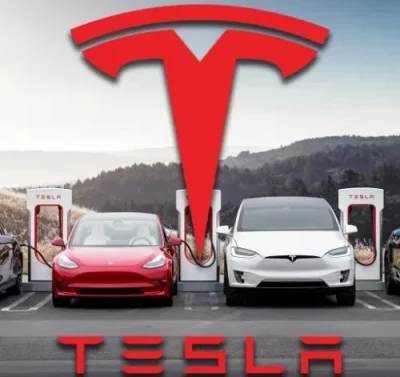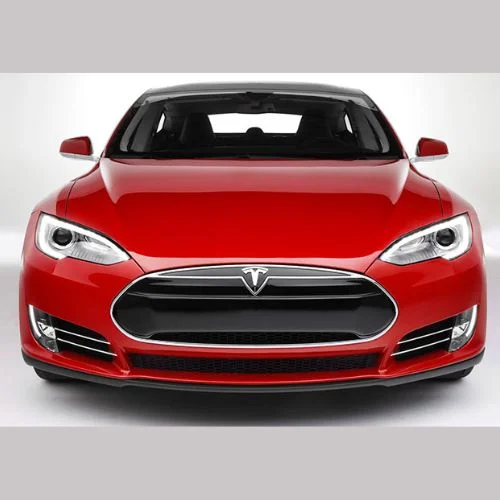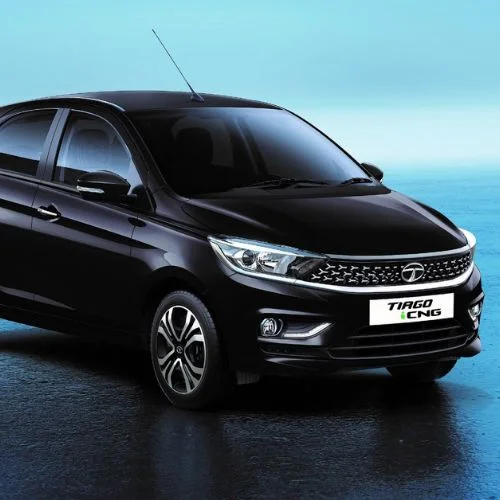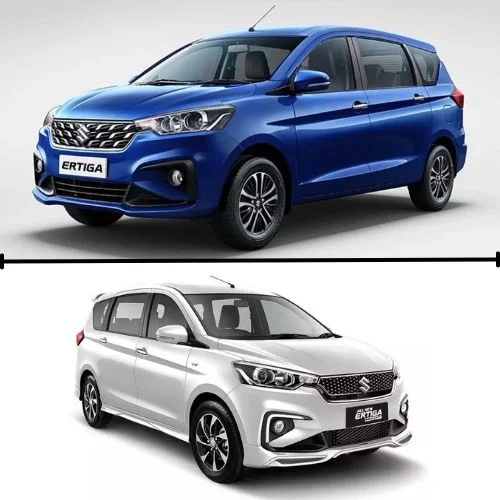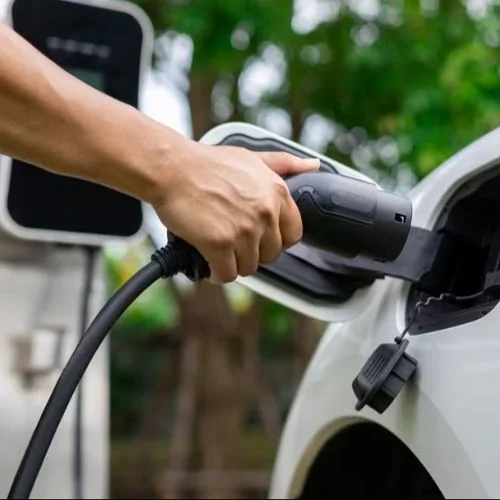In the most recent fiscal year, sales of cars for the fleet street, including those to app-based taxi aggregators like Ola and Uber, nearly quadrupled. This year, sales are anticipated to outperform industry growth and approach the pre-pandemic high.
According to industry estimates, fleet operators purchased 137,000 cars in the most recent fiscal year, an increase of 95% from FY22.
Although this fiscal year’s fleet sales are predicted to increase by more than 40%, they will still fall short of the peak of 225,000 units delivered to fleet operators in FY19. This fiscal year, the overall sales of passenger cars are anticipated to increase by 5–7%.
Despite starting from a low base, senior industry executives anticipate that in the coming months, vehicle sales to the taxi segment and cab aggregators will rise and continue to outpace growth in the overall passenger vehicle segment, helped by rising commuting and travel following the pandemic as well as a push for electric vehicles (EVs).
Due to the COVID-19 epidemic in early 2020, vehicle traffic was at an absolute minimum, and fleet sales fell by 23% and 69% year over year in FY20 and FY21, respectively.
Fleet sales increased by 30% year over year in FY22 thanks to the reopening of schools, universities, and workplaces, and by 95% the following fiscal year.
Sales to the fleet segment at market leader Maruti Suzuki reached a pre-pandemic high of roughly 113,000 units in the previous fiscal year. According to the corporation, strong demand from the tourist industry has contributed to an increase in business sales.
In India, Maruti Suzuki holds an 83% market share in the fleet market. Shashank Srivastava, senior executive director (marketing and sales), stated that “travel and tourism have been the biggest drivers of car sales to commercial operators.”
We anticipate a substantial double-digit increase in fleet sales this fiscal year, according to Srivastava of Maruti, since the health fear caused by the epidemic has subsided and consumers have begun to feel safe utilizing shared mobility.
More than three years after starting its highest level of warning over the virus, the World Health Organisation (WHO) on Friday formally canceled the “global health emergency” status for COVID-19.
In fact, the domestic car giant recently signed contracts to deliver almost 40,000 electric vehicles to companies like Uber and BluSmart.
For business drivers, Tata Motors now offers the X-Pres T EV car.
Positive Trajectory
Fleet sales will also only increase in the mid-term, according to industry sources, because the federal and state governments want to replace more than 500,000 diesel and gasoline automobiles with electric vehicles.
According to Chandra, “the demand for EVs in the fleet segment will continue to show promising growth.” “The government’s goal of electrifying its fleet and the commitment of corporations to moving towards sustainable mobility, along with a significant reduction in operational costs and a pleasurable drive, will help propel the growth.”








